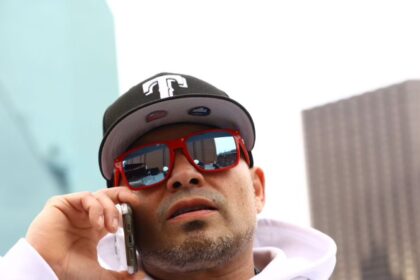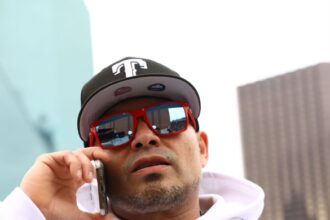As the Supreme Court’s ruling on presidential immunity regarding the criminal prosecution of Donald J. Trump makes its way back to Judge Tanya S. Chutkan, the real challenge lies ahead. Judge Chutkan must meticulously sift through the 45-page indictment to determine which allegations can proceed and which must be dismissed.
The Supreme Court’s decision outlined that former presidents are shielded from accusations stemming from their core constitutional duties, but can face prosecution for unofficial acts performed while in office. A more intricate category, focusing on whether charges related to official acts would disrupt the authority and functions of the executive branch, will likely be crucial in this case.
While the timeline for Judge Chutkan’s review remains uncertain, the Supreme Court’s convoluted guidance will serve as a framework for her analysis of the indictment’s viability.
Strong-Arming the Justice Department
One of the accusations against Mr. Trump involves pressuring senior Justice Department officials to conduct investigations supporting his baseless claims of election fraud. Despite facing resistance from these officials, Mr. Trump sought an ally within the Department to further his agenda. The Supreme Court’s ruling protects Mr. Trump’s official discussions with the Justice Department, even if they involve misleading investigations, under the umbrella of his constitutional duties.
Moreover, the ruling potentially bars testimonies from Justice Department officials in Mr. Smith’s case, limiting the evidence available to prove the allegations.
Jawboning State Lawmakers and the Fake Elector Scheme
Mr. Trump’s attempts to influence state officials in key swing states post-election and promote fake electors underline another facet of the case. The Supreme Court deliberated on these efforts, recognizing the wide latitude a president holds in overseeing elections and communicating on public matters. The contention between Mr. Smith’s portrayal of these actions as a private scheme and the court’s view of them as official acts presents another legal hurdle.
Judge Chutkan faces the challenge of weighing these considerations and determining the fate of the charges related to these endeavors.
Public Statements About and on Jan. 6
Although Mr. Trump’s public statements before and on Jan. 6 are linked to the Capitol riot, the Supreme Court’s stance on a president’s official responsibilities complicates the prosecution’s case. The boundary between a president’s personal and official affairs highlights the potential limitations in using Mr. Trump’s statements in a trial, posing a significant hurdle for prosecutors.
Judge Chutkan’s pivotal role lies in deciphering the Supreme Court’s guidance to make informed decisions on the indictment’s viability, a task that is poised to trigger appeals from both sides.








